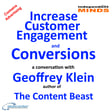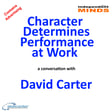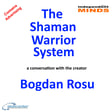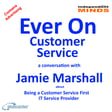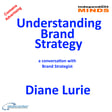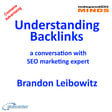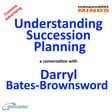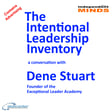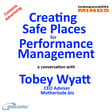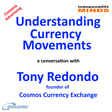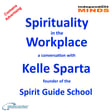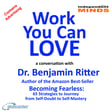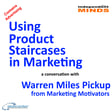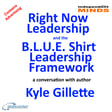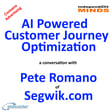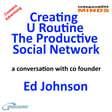
Battling the Long Working Hours Culture – a conversation with Jonathan Baum
Jonathan Baum is the founder of Avenir Law a law firm based in Great Barrington, Massachusetts, USA.
Jonathan is concerned that too many lawyers/solicitors and other professionals are working excessive hours. He believes that professional service firms know that this practice has a negative impact on both individual workers and the quality of the work they produce.
In this episode of the Abeceder podcast The Independent Minds, Jonathan explains to host Michael Millward how he is challenging the long working hours culture of professional services by creating a different approach to the way legal services are provided.
You will hear Jonathan and Michael discuss the reasons why professional services has a long working hours culture.
Jonathan describes his new way of working that removes the need to work long hours and how that benefits, workers, employers and their clients.
Find out more about both Michael Millward, and Jonathan Baum at Abeceder.co.uk
The Independent Minds is made on Zencastr, because as the all-in-one podcasting platform, on which you can create your podcast in one place and then distribute it to the major platforms, Zencastr really does make creating content so easy.
If you would like to try podcasting using Zencastr visit zencastr.com/pricing and use our offer code ABECEDER.
Travel
Sam is based in Great Barrington, Massachusetts, USA. Members of the Ultimate Travel Club, can travel to Great Barrington, and anywhere else at trade prices on flights, hotels, trains, package holidays and all sorts of other travel purchases. You can become a member at a discounted price by using my offer code ABEC79 when you join-up.
Fit For Work Look after your health and you will be fit for work.
Working long hours can have a negative impact on your health. So, it is always a good idea to know the risks early so that you can take appropriate actions to maintain good health, that is why we recommend The Annual Health Test from York Test.
York Test provides an Annual Health Test. An experienced phlebotomist will complete a full blood draw at your home or workplace. Hospital standard tests covering 39 different health markers are carried out in a UKAS-accredited and CQC-compliant laboratory.
A Personal Wellness Hub gives access your easy-to-understand results and guidance to help you make effective lifestyle changes anytime via your secure, personal Wellness Hub account.
Visit York Test and use this discount code MIND25.
Three the network Visit Three for information about business and personal telecom solutions from Three, and the special offers available when you quote my referral code WPFNUQHU.
Being a Guest
We recommend that potential guests take one of the podcasting guest training programmes available from Work Place Learning Centre.
We use Matchmaker.fm to connect with potential guests If you are a podcaster looking for interesting guests or if you have something interesting to say Matchmaker.fm is where matches of great hosts and great guests are made. Use our offer code MILW10 for a discount on membership.
We appreciate every like, download, and subscriber.
Thank you for listening.
